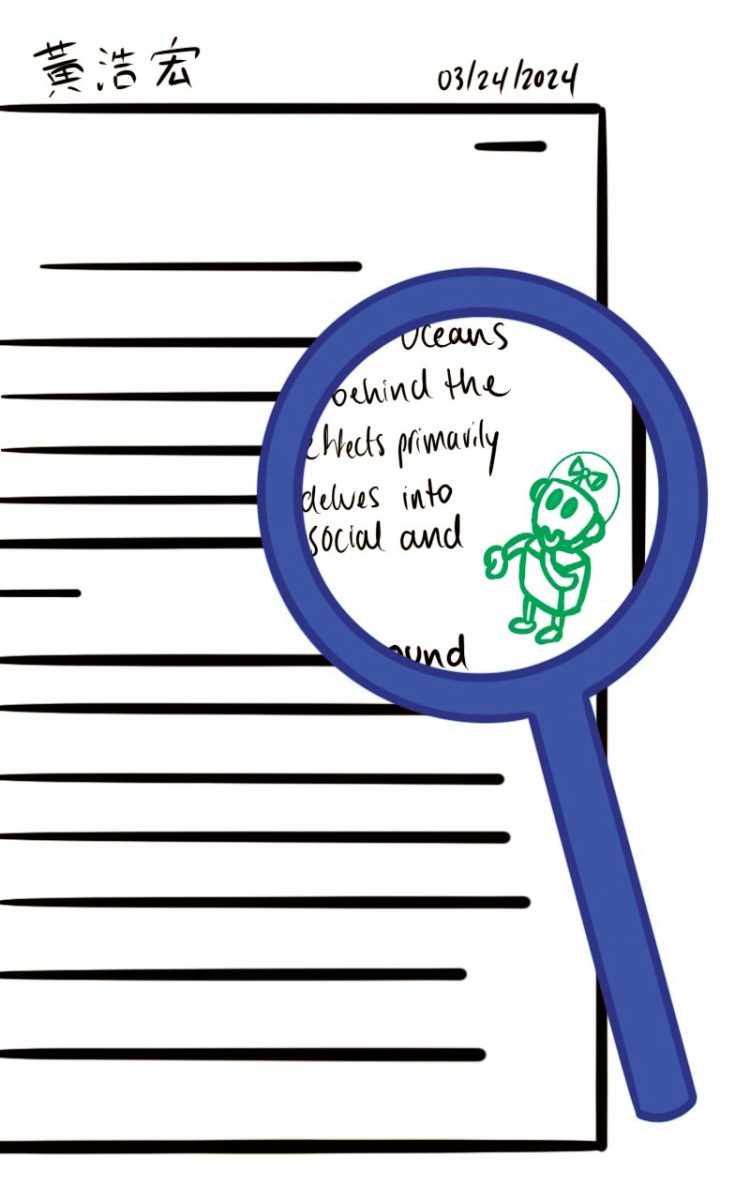A few semesters back, I had the opportunity to study “Gulliver’s Travels” with one of the best professors in Loyola’s English department. For those of you who don’t recognize the title, “Travels” is an eighteenth-century novel written by Jonathan Swift. It consists of four parts, each of which recounts a different narrative in a fantastical setting. In part two, Gulliver, the narrator and protagonist, finds himself in a rather precarious position: Living in a land of giants, he is constantly concerned for his own safety. As a result, Gulliver not only becomes preoccupied with the basic necessities for keeping himself alive – he cannot even begin to think about the finer things in life.
Each time we begin a new writing assignment, I think that our own position resembles Gulliver’s. Until we satisfy the basic needs of our assignment, we ought not worry so much about the finer aspects of our writing, things like style, syntax and grammar. And nothing is more basic and fundamental to a writing assignment than its thesis statement.
So, the infamous thesis statement: What is it, and how do you write one?
It is my understanding that there is more than one type of model for a thesis statement. It all depends, of course, on the type of paper that one is writing. For example, an analytical paper takes an analytical thesis, an expository paper takes an expository thesis, and so on. Yet instead of overly concerning ourselves with these differences, let’s simply ask ourselves: What is a writing assignment at its core?
When you’re writing a paper at the college level, you’re almost always making an argument. While the heart of this argument is communicated in the body paragraphs through the use of evidence and analysis, the grounding for this argument one finds in the introduction, specifically in the thesis statement.
The thesis should be the part of the paper where you tell the readers, in short, everything that they need to know about what they’re about to read. In this respect, it should be reductive, yet still somewhat comprehensive. And because it sets up an argument, the thesis statement takes a stance on something; it should be something that another person could argue against.
But what exactly is it? Another professor in the English department once managed to simplify this whole mess for me by breaking down the thesis statement into two very basic requirements. So, here it is: tell the reader what you are arguing for, and how you are going to argue for it. So, for example, if you are trying to argue X, then don’t simply tell your reader that X is the case. Rather, say that X is the case because of Y. Here X serves as the what of your thesis, and Y serves as the how.
One important consequence of this whole discussion is that we should be wary of indefensible thesis statements (something that I learned for myself the hard way in an upper-level English course my first year at Loyola). Some claims are just too broad and too sweeping to be defended, and we should always keep this in mind as readers, as writers and frankly, as human beings.
So, I encourage you to hold onto this information as you go forward with your college career of reading. For instance, make it a point to recognize a writer’s thesis statement (or lack thereof). If a writer includes a clear thesis, it pays off for the readers, often expediting the reading process and improving their understanding of the argument. You could begin by asking yourself – where’s mine?
Keaton Postler can be reached at [email protected]

(RICHARD O’BRIEN/THE MAROON)


















